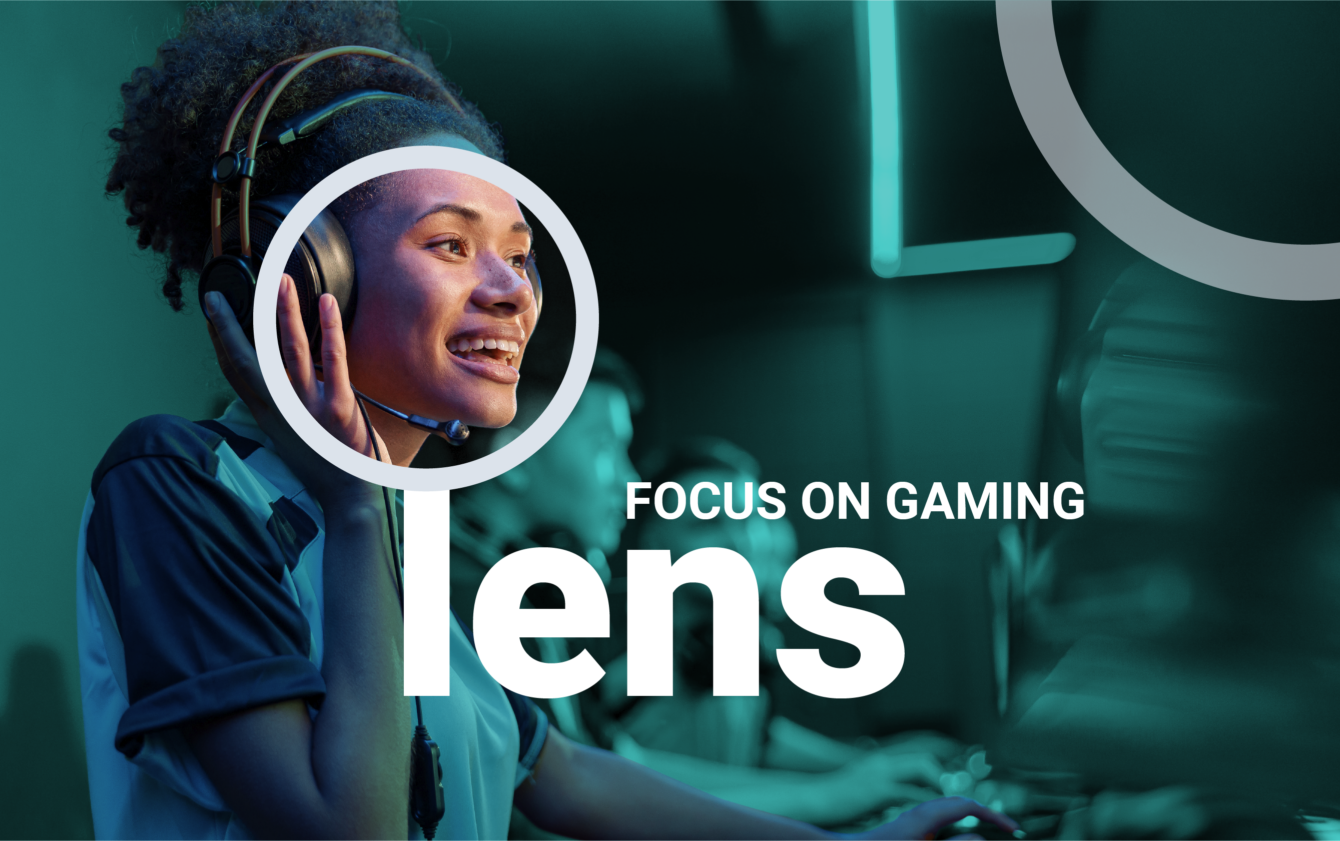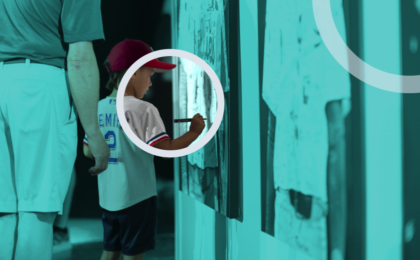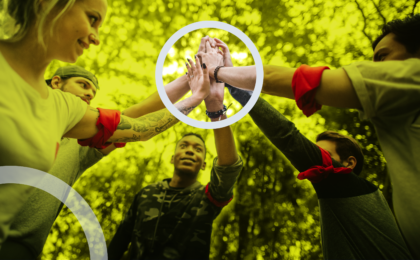What Can We Learn from Gaming? Creating Compelling Virtual Events

Lens is an initiative dedicated to the study of external factors and influences at play in the world of live events, created and moderated by the Strategy team at BaAM.
Many guests set the bar very, very high when it comes to producing virtual events because they believe:
- Virtual events shouldn’t be as difficult to produce as IRL events.
- They shouldn’t be as costly.
- And they should all be as beautiful and as engaging as your favorite online game.
To anyone tasked with producing virtual events, developing and hosting truly compelling LIVE virtual events that keep participants actively engaged takes as much effort and talent as an IRL event.
If audience engagement is the largest challenge when it comes to virtual events, then how do online games compel people to engage for hours and hours, non-stop?
To see how Gaming might be translated to create more compelling - and frankly more fun - virtual events, we started by looking at our own experience.
Our Strategy and Creative team spent time immersed in popular games and explored possibilities for virtual experiences. Animal Crossing quickly became a favorite.
With the clever customization features available in Animal Crossing, our team recreated the BaAM office environment and replicated some of our colleagues. When asked what they most liked about Animal Crossing they described four attributes:
- Creation – the ability to design and contribute to the game world made it fun and engaging
- Autonomy – they enjoyed being able to plot their own journey or experience
- Personalization – they liked customization features and adding their own personal touches to game play
- The Space – finally they loved that the space offered opportunities for discovery, which compelled them to explore and add more depth to their experience
Turns out, we weren’t the only ones that got hooked into game play for these reasons. BaAM also sought advice from Joe English, Esports expert and Senior Creative Director at Freeman who shared his insights about gaming and esports.
1. "Most people that watch a gaming or Esport competition are gamers themselves. They are watching the games and thinking, ‘How would I do it?’ They have a real sense of awe watching professionals because they have tried it themselves." Like these gamers, virtual event attendees are often passionate and incredibly knowledgeable about a particular subject so creating a compelling world with backstory will allow them to fully engage with your content.
2. "Online games are architected to keep you coming back. For example, Gran Turismo has three races a day, but the races change after just one week, so it’s always new.” Consider borrowing this element of surprise for your virtual event. Gaming companies don’t tell gamers everything but allow them to learn and uncover things over time.
3. "Community is extremely important in gaming. It’s not just about collective interest in a type of game or a specific game that you play but the accessibility and approachability of the best gamers. You can message a great gamer and it’s likely that they’ll answer you back!” For that reason, ensure your guests can interact with your speakers, experts and celebs, not just listen to them.
So what notes are we taking from gaming and Esports?
About our contributors:
Joe English is Senior Creative Director at Freeman and Gran Turismo aficionado. His love of gaming began with Pac-Man and Pong back in the day. Today he can be found helping brands understand the importance of gaming in our culture, sharing his wisdom with gaming newbies.
Lucy Strong is a member of the Strategy team at BaAM. She now knows that “to nerf a character” doesn’t mean throwing a soft, foam ball at her husband.
With our Lens series, we are tapping the brightest minds and broadening the dialogue to better understand factors at play when engaging large audiences.


